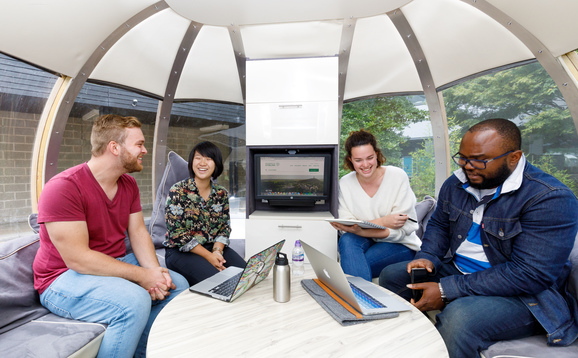MBA Business Scale Up (Online) — not available
Sorry, MBA Business Scale Up (Online) is no longer available to study but we have lots of other great courses you might like.
Browse our subject areas
Learn more about our areas of expertise and see what other subjects might interest you.
Why Stirling?
Find out more about what makes Stirling a great place for Masters study and how we'll help to boost your career prospects.


